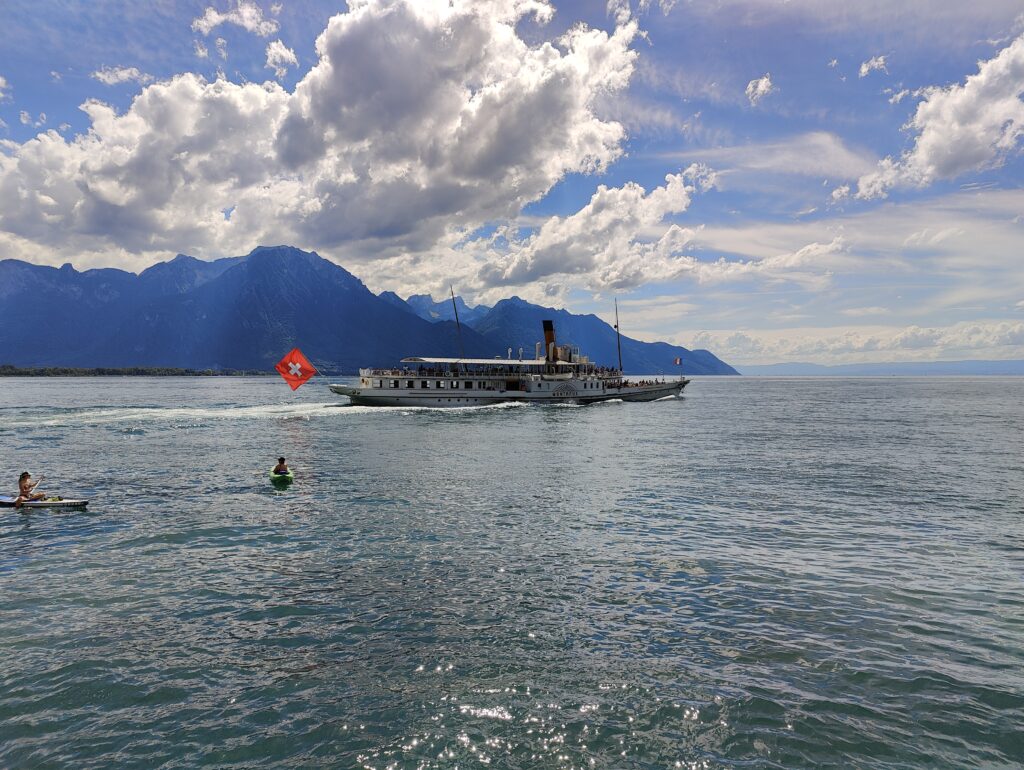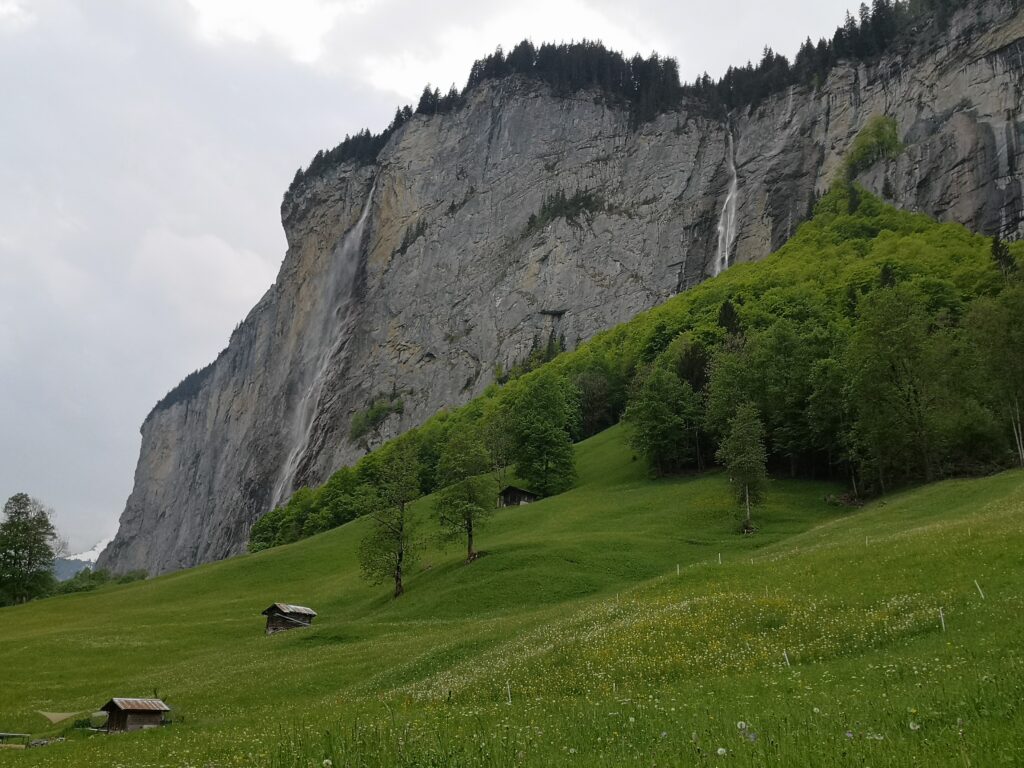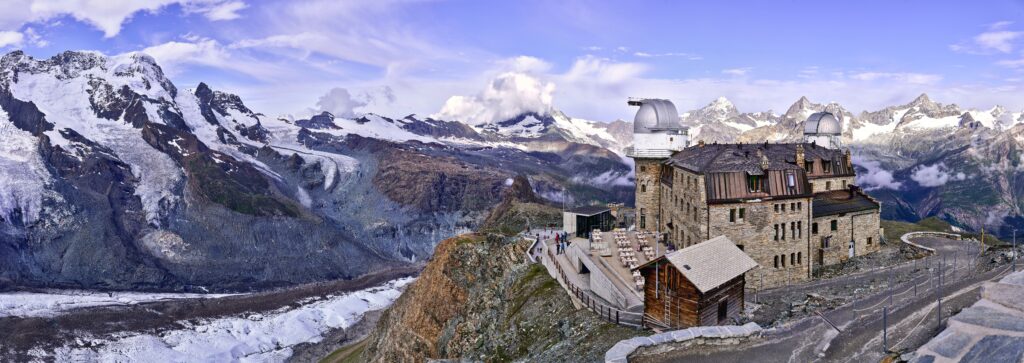Helvetic summer tourism rising due to return of Asian guests
According to tourism forecasts published by BAK Economics on behalf of the State Secretariat for Economic Affairs (SECO), in the summer of 2023 the number of overnight stays in Switzerland will again exceed the pre-crisis level of 2019, standing at 22.5 million (+660,000, up 3 percent from 2022).

Responsible for this positive development are recovery effects in distant markets, especially with Asian guests, and still high domestic demand despite the expected decline. Sustained inflation and a difficult economic environment prevent even stronger growth.
Continued growth in overnight stays in summer 2023
With 22.5 million overnight stays, Swiss tourism may increase by 3 percent in the 2023 summer season compared to the previous year (+660,000). Positive impulses from distant markets outweigh declines in Europe and Switzerland. This means that the 2019 level will be exceeded for the first time in the summer months (102%). Demand in cities also exceeds the pre-crisis level in summer 2023, closing much of the gap observed duringthe crisis with Alpine and remaining areas.
Andermatt and Murten among world’s best tourist villages
European demand is expected to drop in the summer of 2023….
Obstacles already observed last winter are likely to persist into next summer, dampening the desire to travel. High inflation is reducing purchasing power, the high Swiss franc is putting pressure on prices, and economic turmoil is weighing on consumer sentiment. All this is reflected in European guest demand in summer 2023. The regained ability to travel to distant markets further complicates the position of Swiss tourism. Compared to the good summer of 2022, BAK Economics thus predicts a reduction of just under 160,000 guests (-3%) in the coming summer. The high cost of air travel, which makes long-distance destinations less attractive, and significantly higher inflation in Europe than in Switzerland, which reduces price pressure, prevent a sharper decline. The only positive boost inEurope for the summer will come from the United Kingdom with a strong increase in overnight stays (up 11 percent from 2022).

… However, the positive impulses of distant markets are higher …
As for distant markets, the opportunity to travel again is expected to be largely exploited during the summer of 2023, as was the case last winter. Thus, recovery effects will continue to be evident. Overall, long-haul markets are expected to see a 37 percent (+1.6 million) increase in overnight stays compared to 2022.Catch-up effects are particularly high in some Asian markets. In particular, demand from India (+343 thousand, compared to summer 2022) and the remaining Asian markets (+465 thousand) is expected to increase. The Chinese (+264 thousand) and Japanese markets also contribute significantly (+116 thousand) to the growth in overnight stays. Despite the lifting of most of the strict travel restrictions at the beginning of the year, the large return of Chinese guests is still expected in the short term for various reasons. On the demand side, Chinese nationals often lack travel documents, the limited number of visas and the persistent adjustment of Chinese guests’ travel behavior toward domestic tourism. On the supply side, capacity bottlenecks in transportation (such as the number of flights and customer quotas at tour operators) or at tour operators inSwitzerland limit the potential for growth. A return of Chinese guest frequencies to the 2019 level would not be sustainable in the short term from a supply perspective. This problem is further exacerbated by the continuing shortage of skilled workers in the tourism sectors.As for guests from the United States, the high travel demand observed in recent months is not expected to slow down significantly in the summer. Compared to the already good summer of 2022, overnight stays are expected to increase by 142,000 (up 9 percent).
The 75th anniversary celebration of Zurich Airport
… and demand from the domestic market is still high despite the expected decline






